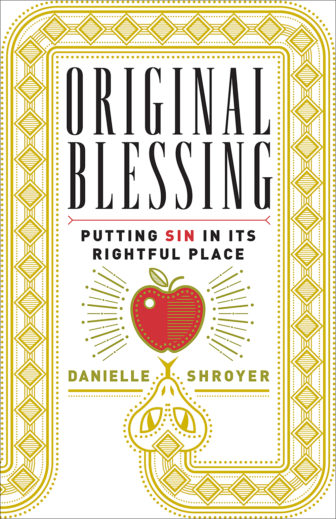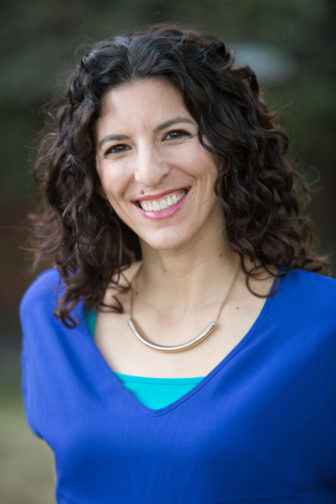Original Sin or Original Blessing?
How Does One Approach the Cross of Christ?
Original Sin is much discussed in a literal bible reading of the Adam & Eve story but what do we do with the subject within an Evolutionary story of Process Creation? This was something I attempted some years ago when finally leaving it to the role of freewill + consciousness. But it didn't address the larger issue of free agency beauty and orientation of the Cross of Christ as blessing rather than as condemnation to all who refused Jesus' sacrifice.
"Here’s the thing: people know they sin. What they don’t know is what to do about it. I don’t think the best answer is admitting you are irrevocably bad. I think it’s realizing your home has been in God all along, and it’s time you head that direction, because abundant life is waiting.
"Original sin hinders us from seeing the world as created for connection—to God, to each other, to all created things. It forces us instead to begin with the notion that humans are separate from God. It forces us to be at odds with our bodies and desires and gives no solvable way to integrate them. And it can make our view of salvation small: mostly self-focused, and mostly about the afterlife. So Jesus becomes the solution to a sin problem, not the life of the world. I think it’s an incredibly limiting perspective, at odds with the cosmic scope of the gospel." - Jonathan Merrit
I think Jonathan is on to something here as well as the author he's reviewing, Danielle Shroyer. Every since I started in the direction of open and relational process theology I've been looking for a different way to approach original sin and to express humanity and salvation in a more positive way.
This is a great beginning. It doesn't say there is "no sin" but that the Christian understanding of "sin has overtaken the larger theme" of God's gracious salvation in the mystery of cosmic connection to Himself and to one another.
And when we remove the literalism of the Genesis story it leaves us with the question of how to work in the factual story of evolution and how sin enter therein. For myself, I see evolution as part of the process picture of God's creation: God being the first process of all succeeding or subtending processes. Processes which, like the Father-Creator-Redeemer, are birthed from God's essence of relatability (all things are relational) and free agency (all things are entrusted with goodness and grace, wellbeing and novelty).
Having started with Arminianism and removing all portions of Calvinism from my evangelic faith I've come from the bible side upwards to these positions. And if Whiteheadian Process Philosophy and Theology are added from the metaphysical / ontological side, well, we have a a fairly complete contemporary picture of divine creation which comports very well with a non-literal reading of the bible substituting Hebraic legends for non-mystical science, theology, and philosophy.
So I think Danielle Shroyer's proposition of recontextualizing salvation away from original sin and towards original blessing comes from a healthy view of God's grace and love and the connected universe we live in.
Read these thoughts below and you tell me what you think. I should always like to go with the idea that "Whatever the Lord does is always purposely driven... valuatively driven." Not as mistake, but in congruency with God's beauty and light, love and grace, which He imparted essentially and deeply into His creation.
R.S. Slater
March 30, 2021
* * * * * * * *
Author: Jesus didn’t believe in ‘original sin’ and neither should we
https://religionnews.com/2017/01/13/author-jesus-didnt-believe-in-original-sin-and-neither-should-we/?fbclid=IwAR0XQf8aaFC-z970O_xAr6T_lP7vX1cRtPlvnRfMcIYzHXeUWm1ggPrnt88
One theologian says that Jesus didn't believe this doctrine, and we shouldn't either.

Image by Simson Petrol via unsplash




No comments:
Post a Comment